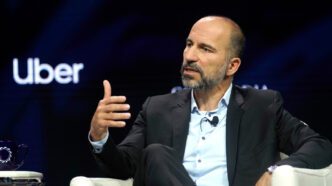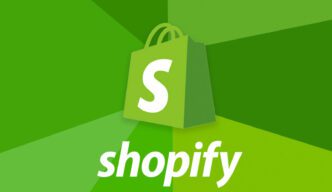As supply chains grow more complex, Uber Freight is betting that artificial intelligence can finally bring order to the chaos. The logistics arm of Uber has rolled out a powerful suite of AI tools aimed at helping companies better manage their freight operations—and it’s already delivering results for global players like Colgate-Palmolive.
Back in the early pandemic days, Colgate’s supply chain chief Luciano Sieber launched an internal initiative to make logistics more transparent. It worked—but it also overwhelmed his team with too much data. That changed last year when the company adopted Uber Freight’s new AI platform, Insights AI, designed to tame exactly this type of data overload.
Now, Uber Freight is formally offering these tools to businesses worldwide, expanding Insights AI and introducing more than 30 AI agents that automate tasks across the freight lifecycle. The goal? To make logistics decisions faster, cheaper, and smarter.
Uber Freight Doubles Down on Generative AI
Since launching in 2017 as a digital freight broker, Uber Freight has evolved into a full-stack logistics technology provider. At the heart of this transformation is founder Lior Ron’s conviction that supply chains are ultimately data problems—and that AI is the missing piece.
Ron, whose background includes running Google Maps, said his experience taught him how machine learning could help digitize the physical world. That vision now drives Uber Freight’s AI strategy, which started years ago with basic models and has since evolved into advanced generative AI tools.
While early attempts at building a “logistics copilot” faced challenges—such as incorrect answers and unreliable suggestions—Ron says the company’s latest AI models now boast 98% accuracy and deliver “real business outcomes.” Powered by billions of dollars in freight data and multiple models behind the scenes, Insights AI gives companies immediate answers to detailed logistics questions.
Users can, for instance, ask the AI to show all shipments to a specific retailer in a given year or flag the worst-performing routes in their network. Unlike traditional methods that require weeks of analyst work and reporting, these results are delivered in seconds—with full transparency on where the data comes from.
Real-Time Cost Savings and Smarter Decisions
For Colgate-Palmolive, that speed has translated into real savings. Sieber explained that his team uses Insights AI to identify underperforming carriers and take quick action—something that used to be near impossible given the thousands of partners they work with globally.
The platform also issues proactive alerts. For example, it might notify a company that a particular shipping lane is overpriced or suggest a faster alternative. Each change may save a few hundred dollars, but those small wins add up quickly when applied across an entire network.
That’s why, Sieber noted, the happiest executive in the room is often the CFO. With logistics costs trending down, Uber Freight’s AI tools are earning strong praise at the top levels of enterprise.
This move isn’t happening in a vacuum. Competitors like Flexport and several logistics startups are also pushing AI-powered platforms to improve inventory forecasting and demand planning. But Uber Freight believes its long-standing relationships and deep freight data give it a unique edge.
As Ron put it: “We know the facilities, we know the lanes, we know the prices. The question now is—what do you want to know?”













